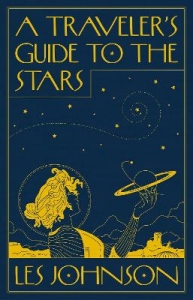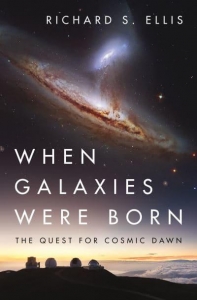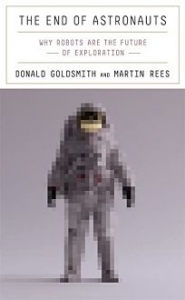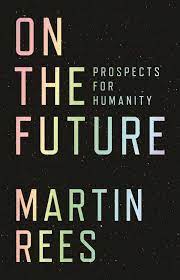“A Traveller’s Guide to the Stars” with Physicist, Author and Nasa Technologist Les Johnson
The ancient ambition of exploring the cosmos and possibly even inhabiting other planets may one day come true, as we discover more and more exoplanets and intend to develop innovative propulsion techniques suitable for interstellar travel. Projects like 100 Year Starship and Breakthrough Starshot enable us to study the challenges involved with a view to develop solutions, furthering the idea of interstellar travel. In his new book “A Traveller’s Guide to the Stars” physicist and Nasa Technologist Les Johnson takes the readers on an exciting journey through the science and innovations that could help us get to the stars.The book gives a thorough account of the next great frontier of human exploration, outlining exclusive inside look at the amazing advances in science and technology that will aid today’s astronauts in setting out for the stars.
Les Johnson is a physicist, author, and NASA technologist. He leads the development of advanced, in-space spacecraft propulsion technologies at the NASA George C. Marshall Space Flight Center in Huntsville, Alabama. During his career at NASA, Les served as the Manager for the Space Science Programs and Projects Office, the In-Space Propulsion Technology Project, and the Interstellar Propulsion Research Project.
We begin by reviewing the impact of discovery of exoplanets on the ambition of travelling to and inhibiting these distant alien worlds. Next we look at the precursors that we must take into consideration before building the ships and embarking on interstellar journeys. We discuss in detail the presently used propulsion technologies and evaluate their shortcomings for interstellar journeys. While discussing the future, we first discuss in detail two rocket technologies of the future: nuclear fusion and antimatter. Then we discuss in detail the innovative and promising propulsion approaches such as solar sails and laser-beamed energy. We discuss in detail how these technologies may one day enable us to embark on interstellar journeys. Les Johnson has written a number of science fiction books; I ask him to expand on his view that science fiction is an effective tool to imagine future technologies. No discussion on the topic of space exploration is complete without discussing the possibility of life out there; we discuss this as I ask Les to give us his views on the possibility of life out there and on the question “are we alone”. This has been a fantastic discussion.
Complement this discussion with “The Next 500 Years: Engineering Life to Reach New Worlds” with Professor Christopher Mason and then listen to “The End of Astronauts”, Robotic Space Exploration and Our Future on Earth and Beyond with Professor Martin Rees”





Connect With Us